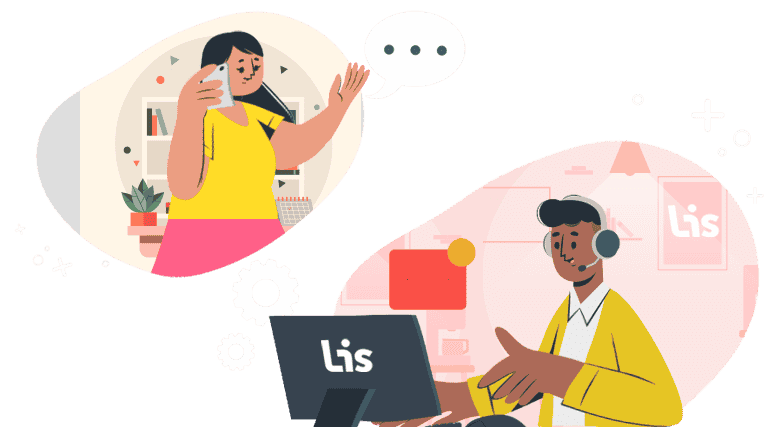FAQ( Frequently Asked Questions )
In some exception cases, a logo that is registered as a trademark can also be protected by copyright for its innovative design.
Get Our Expert Opinion
Our experts provide comprehensive guidance on company registration, compliance, licensing, accounting, NGO registration, and intellectual property (IP) services, ensuring full adherence to legal and financial regulations. As a one-stop center for legal, audit, accounting, and IP needs, we help you navigate documentation, legal requirements, tax implications, financial reporting, and intellectual property protection with ease. Our goal is to provide expert support at every step, ensuring a seamless and hassle-free experience for you.

